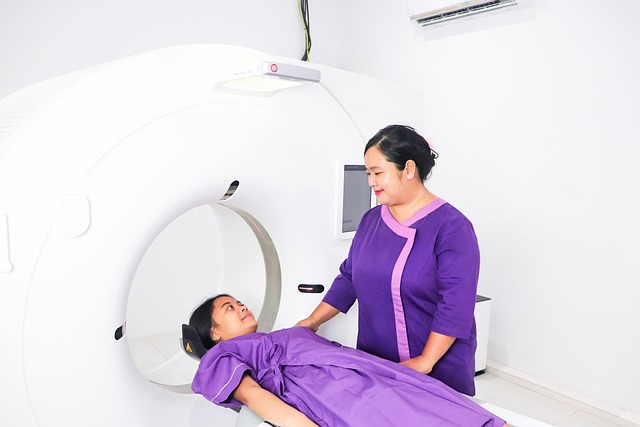Advancing Career Prospects through Cognitive Flexibility
Introduction: In a rapidly evolving job market, the capacity to think differently and adapt swiftly, known as cognitive flexibility, is becoming an essential skill for career advancement. This article delves into the importance of cognitive flexibility in modern workplaces and provides actionable insights to enhance this critical skill.

Cognitive Flexibility: A Brief Overview
Cognitive flexibility refers to the brain’s ability to switch between different concepts, adapt to new situations or adjust one’s perspective in response to changing circumstances. This mental agility allows individuals to process complex information, solve problems creatively, and adapt to fast-paced environments – all crucial attributes in today’s competitive job market. The concept of cognitive flexibility has its roots in cognitive psychology and has progressively gained recognition in the realm of career development and education.
The Rising Relevance of Cognitive Flexibility in the Job Market
The modern job landscape, characterized by technological advancements and changing industry norms, demands a workforce that can quickly adapt and innovate. Cognitive flexibility aids in this process, enabling professionals to handle multiple tasks, learn new skills, and navigate through uncertain situations. This adaptability not only enhances an individual’s employability but also prepares them for unforeseen industry shifts.
Advantages and Challenges of Cultivating Cognitive Flexibility
Cognitive flexibility offers numerous benefits, including improved problem-solving skills, enhanced adaptability, and increased creativity. These attributes are highly valued by employers and can significantly boost career prospects. However, developing cognitive flexibility is not without challenges. It requires continuous learning, exposure to diverse experiences, and a willingness to step out of comfort zones.
Practical Applications of Cognitive Flexibility in Career Development
Cognitive flexibility can be applied to various aspects of career development. For instance, when mastering new technologies, cognitive flexibility enables professionals to learn quickly and respond to technological changes effectively. Similarly, in decision-making processes, cognitive flexibility allows individuals to view problems from multiple perspectives, leading to more innovative solutions.
Strategies for Enhancing Cognitive Flexibility
While cognitive flexibility is partly innate, it can be improved with practice. Strategies include embracing diverse learning experiences, practicing mindfulness, seeking novel challenges, and maintaining a growth mindset. These practices can help individuals enhance their cognitive flexibility, adapt to the dynamic job market, and ultimately advance their careers.
In conclusion, cognitive flexibility is increasingly becoming a necessary skill in the modern job market. By understanding its importance and adopting strategies to enhance it, professionals can stay ahead of the curve, navigate change effectively, and boost their career prospects.




